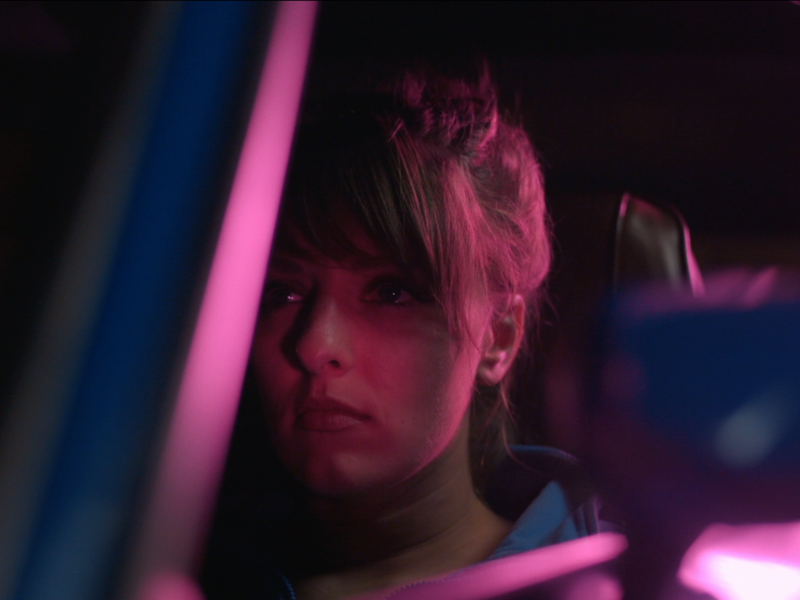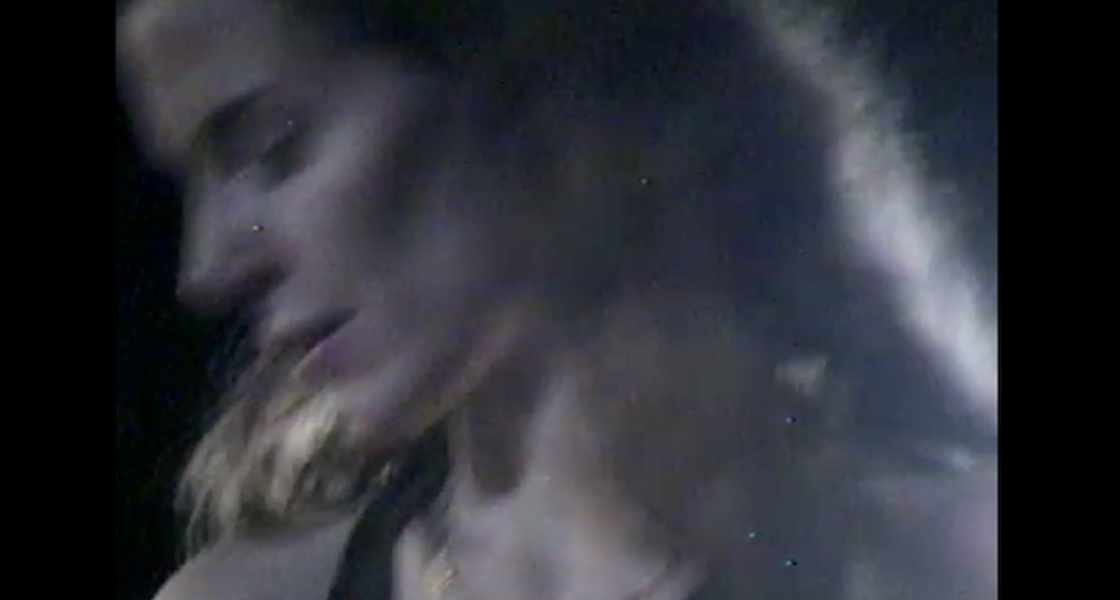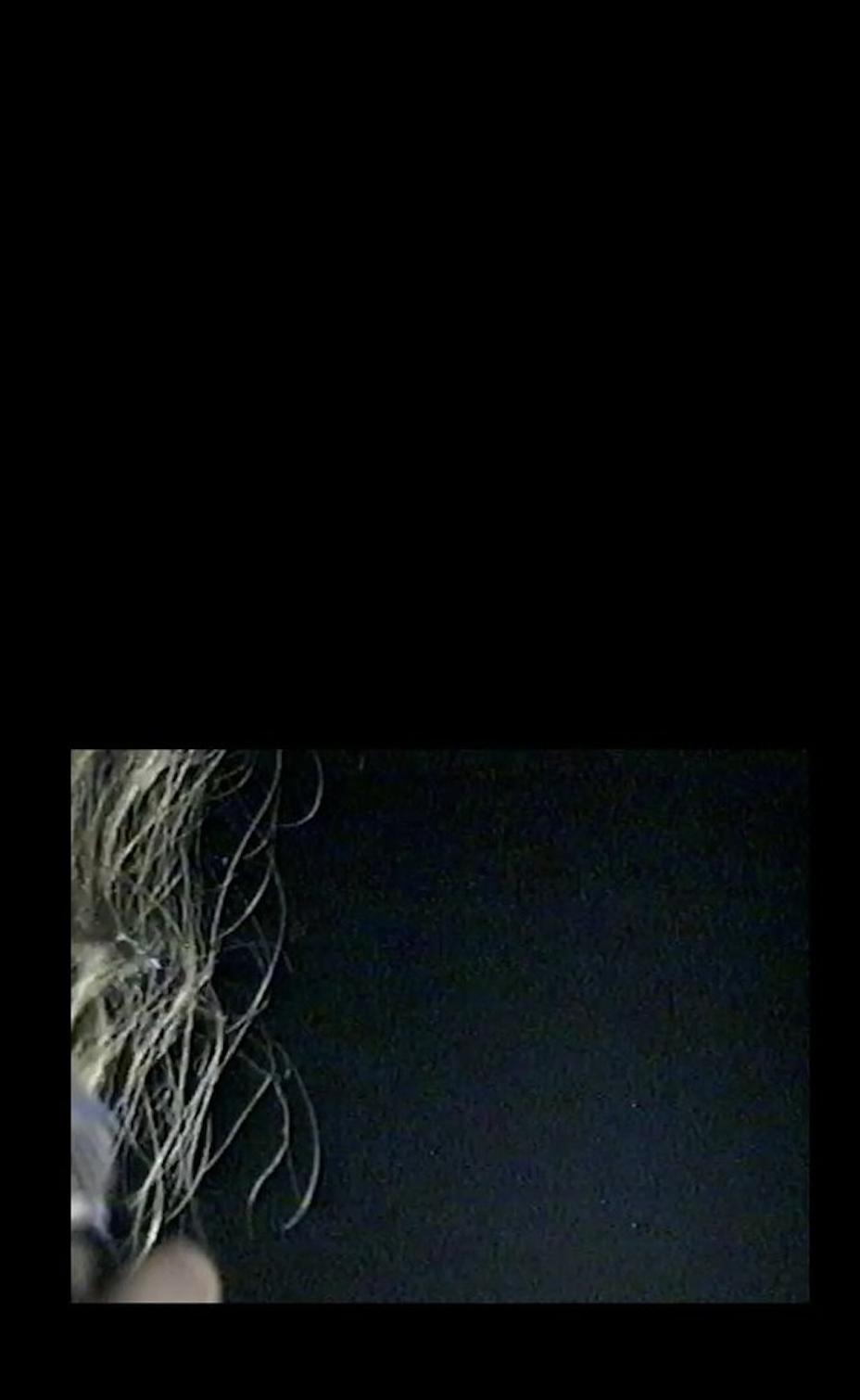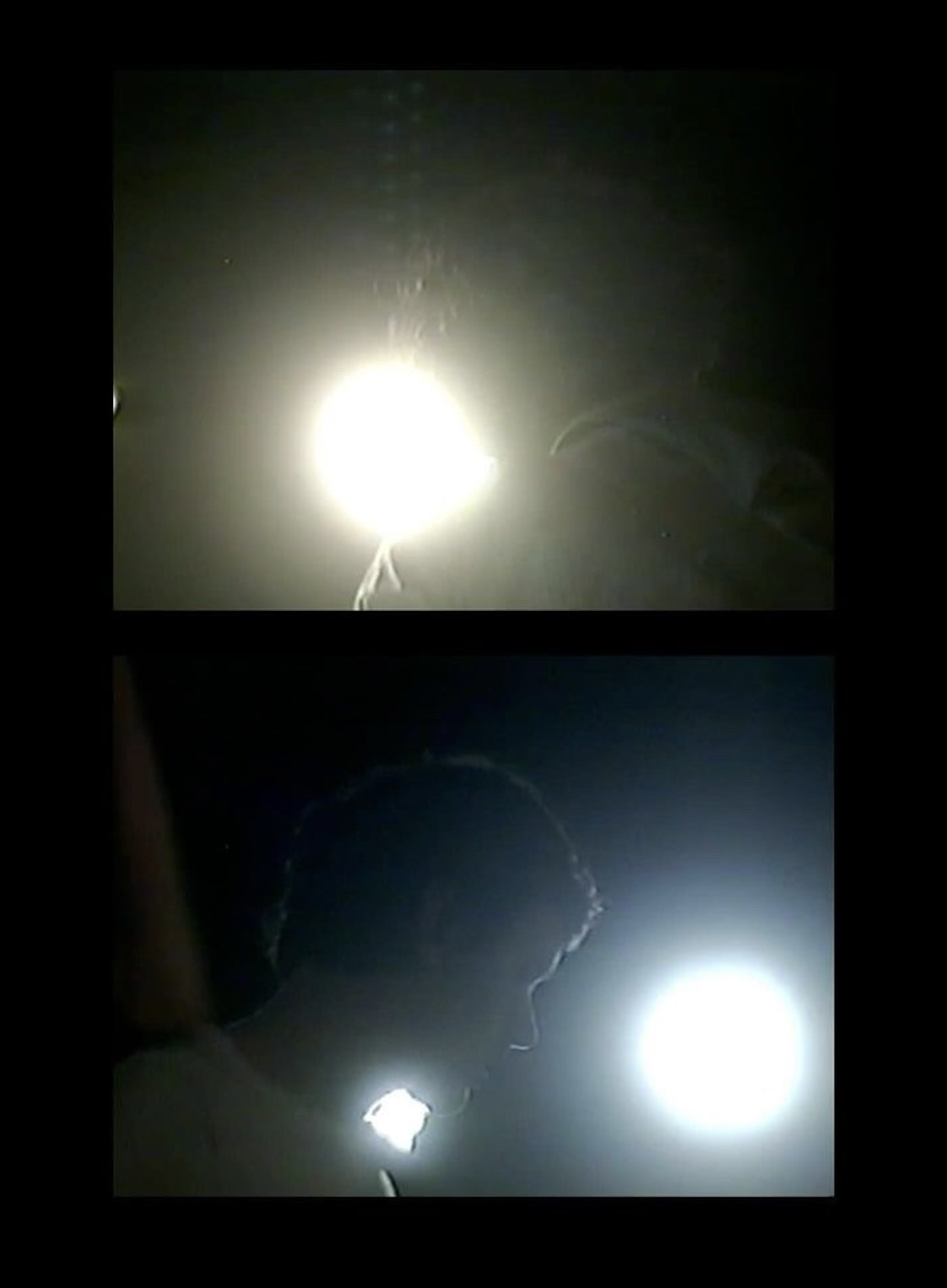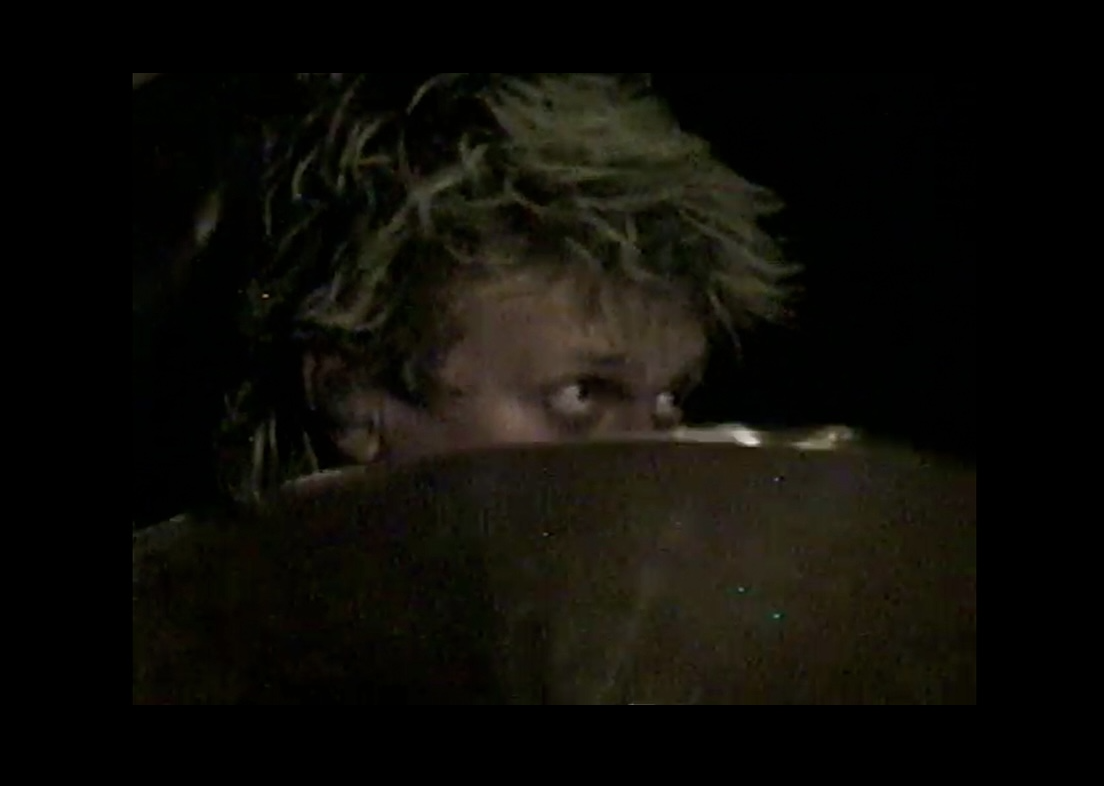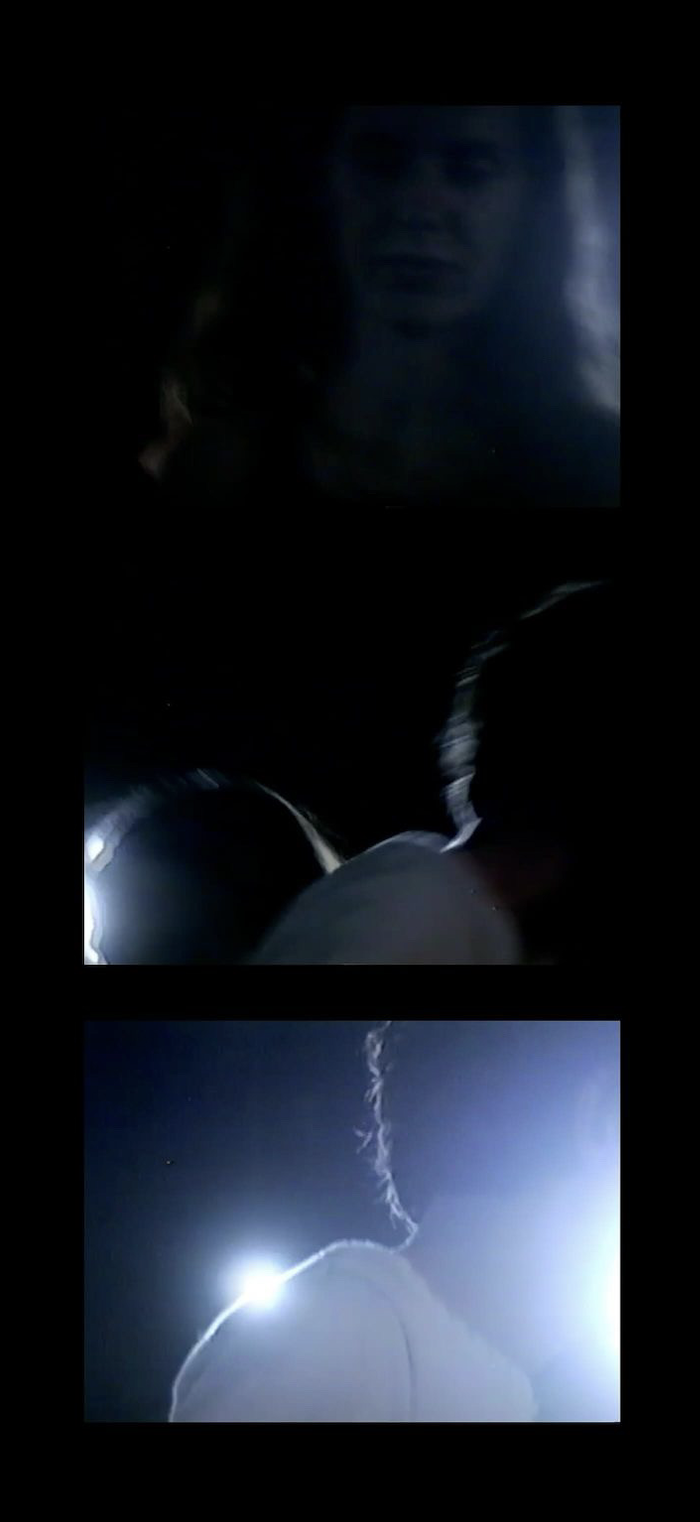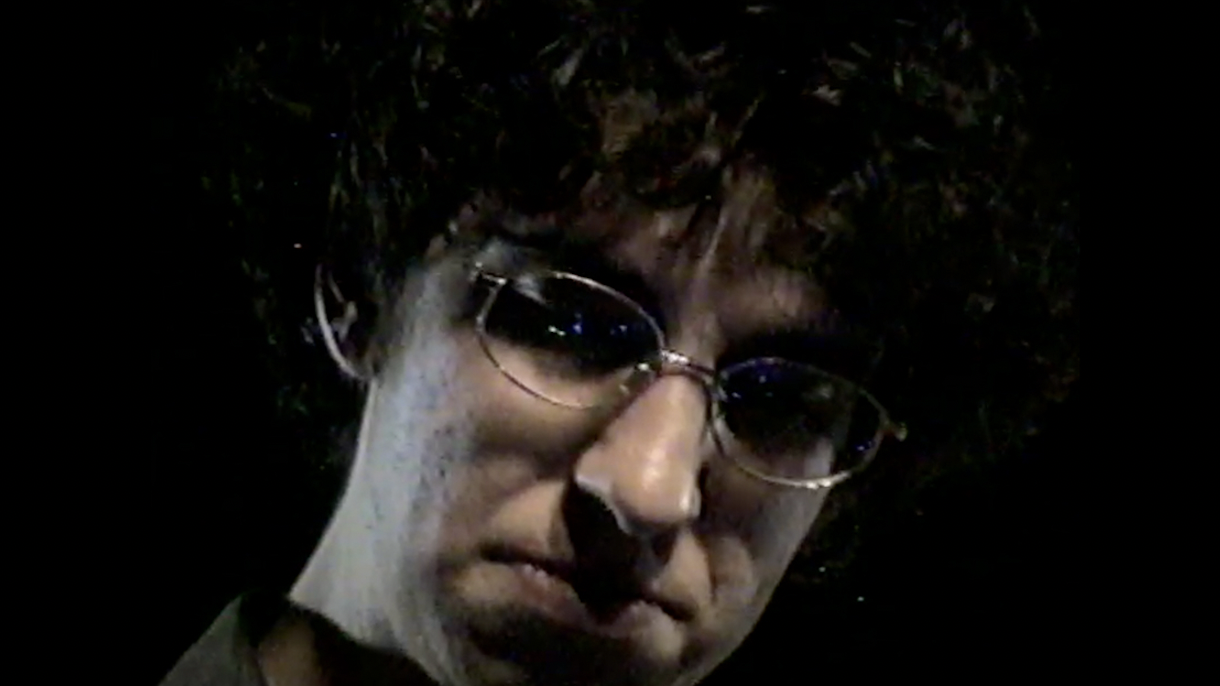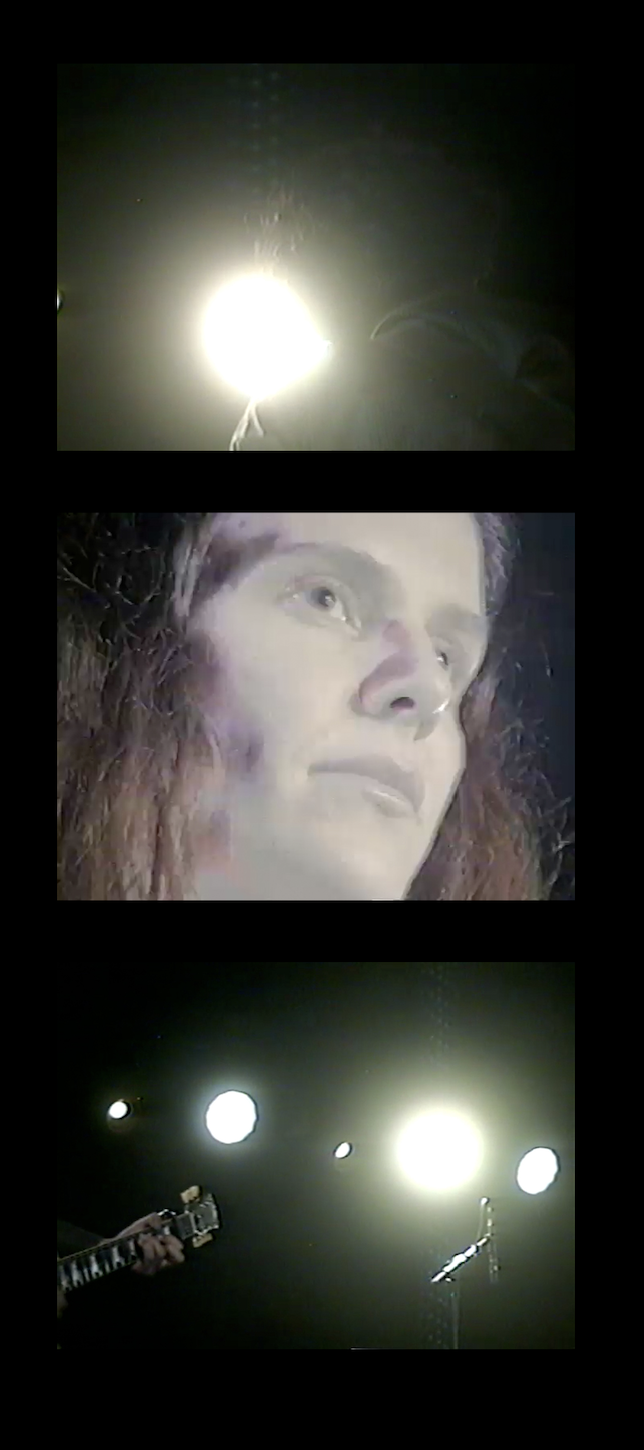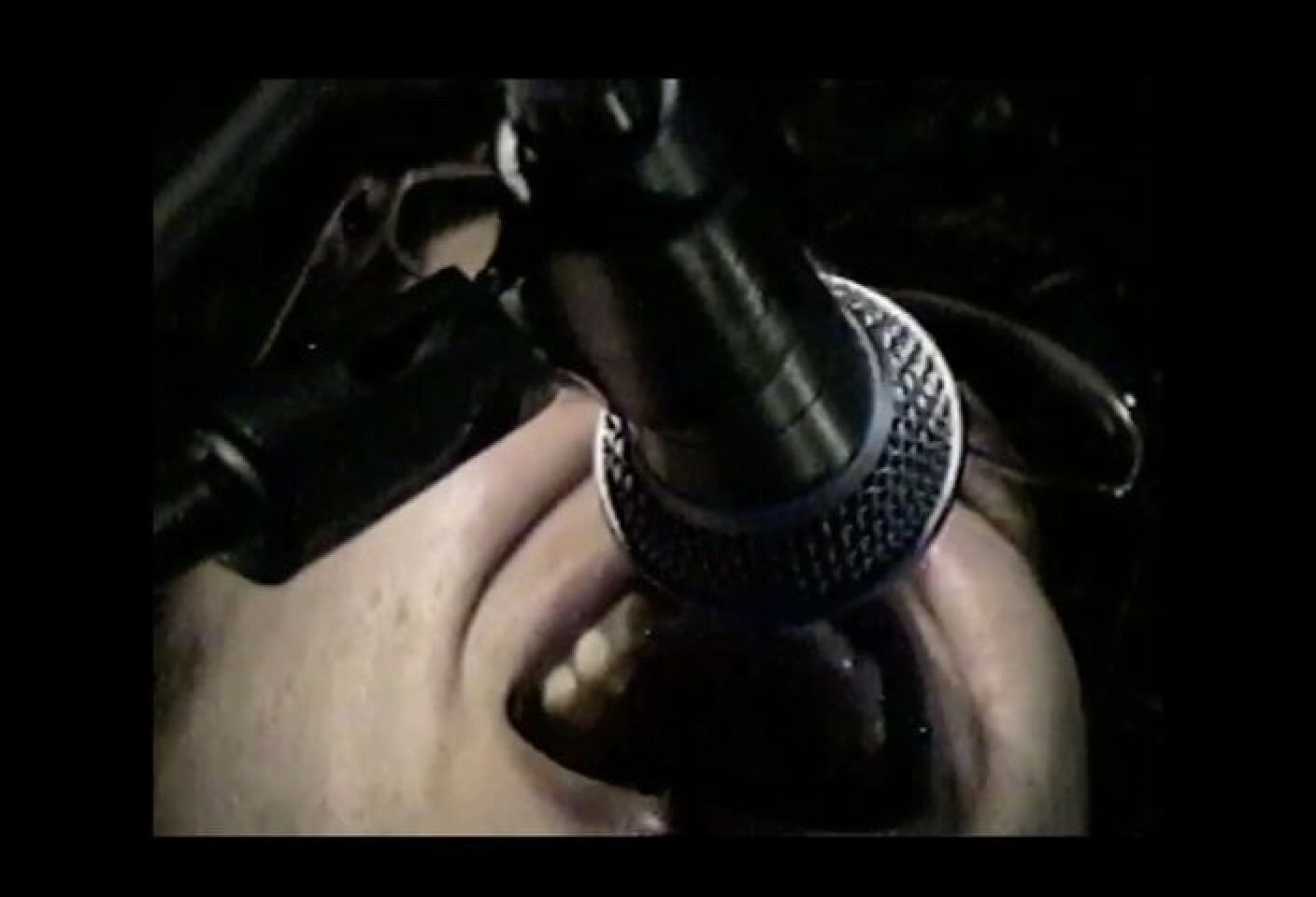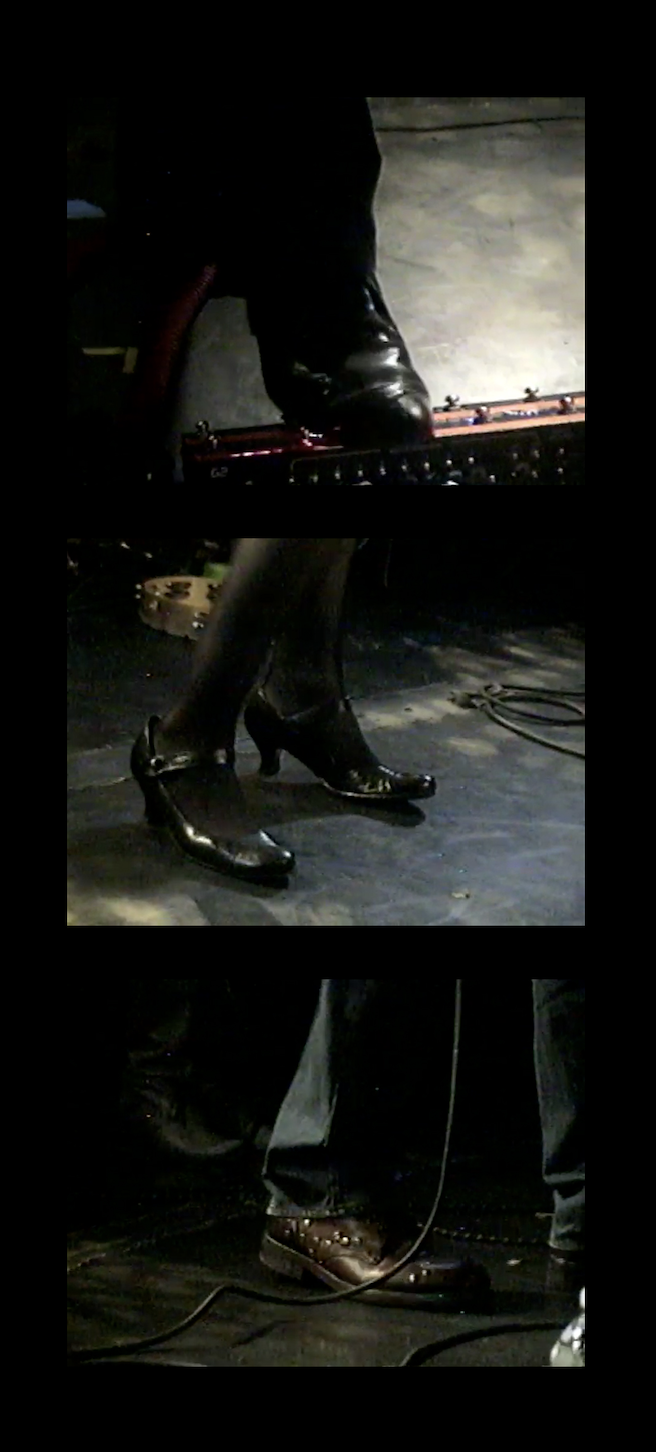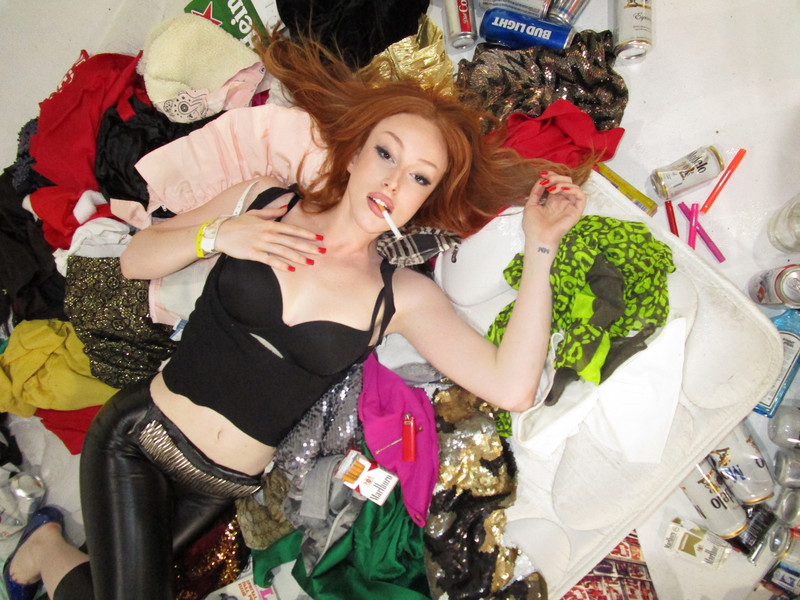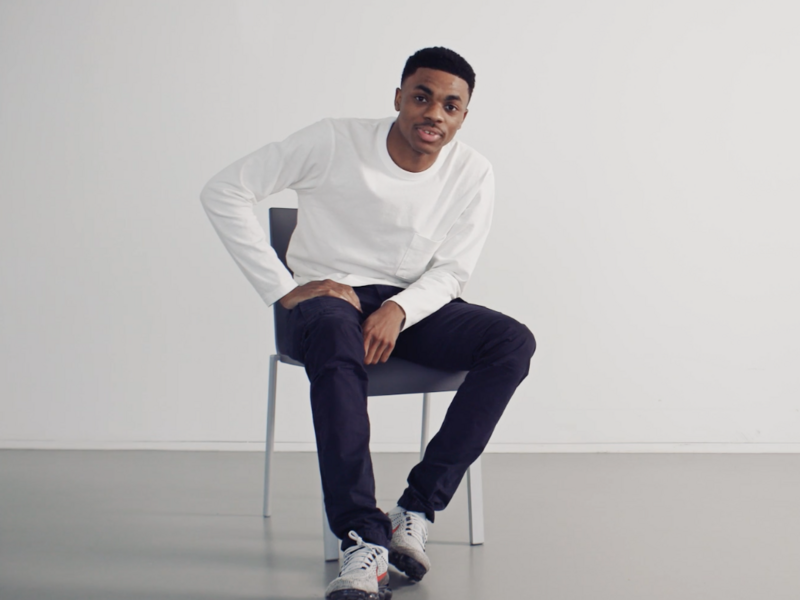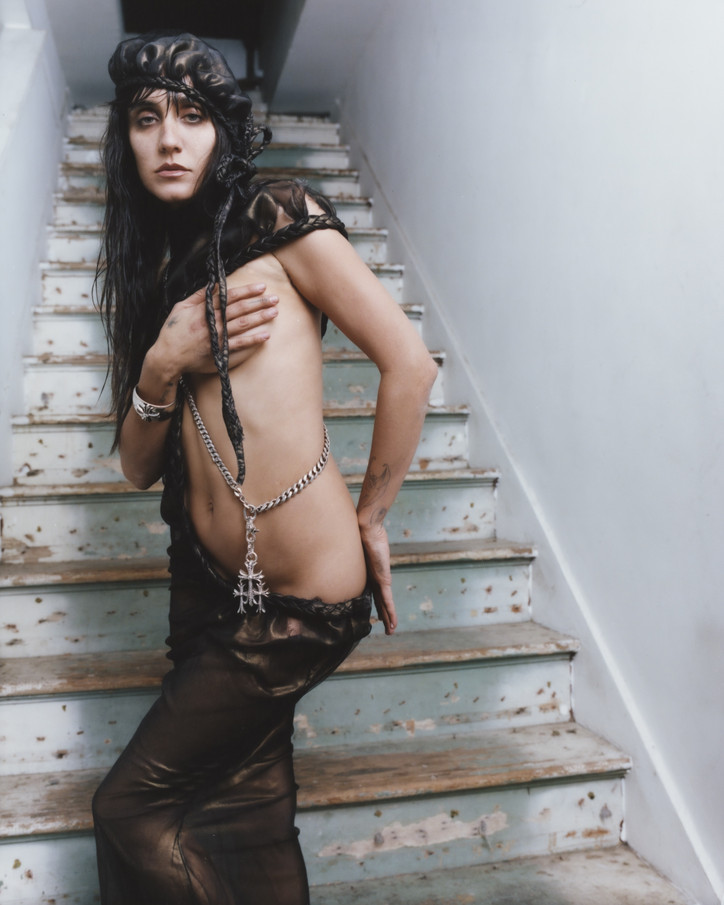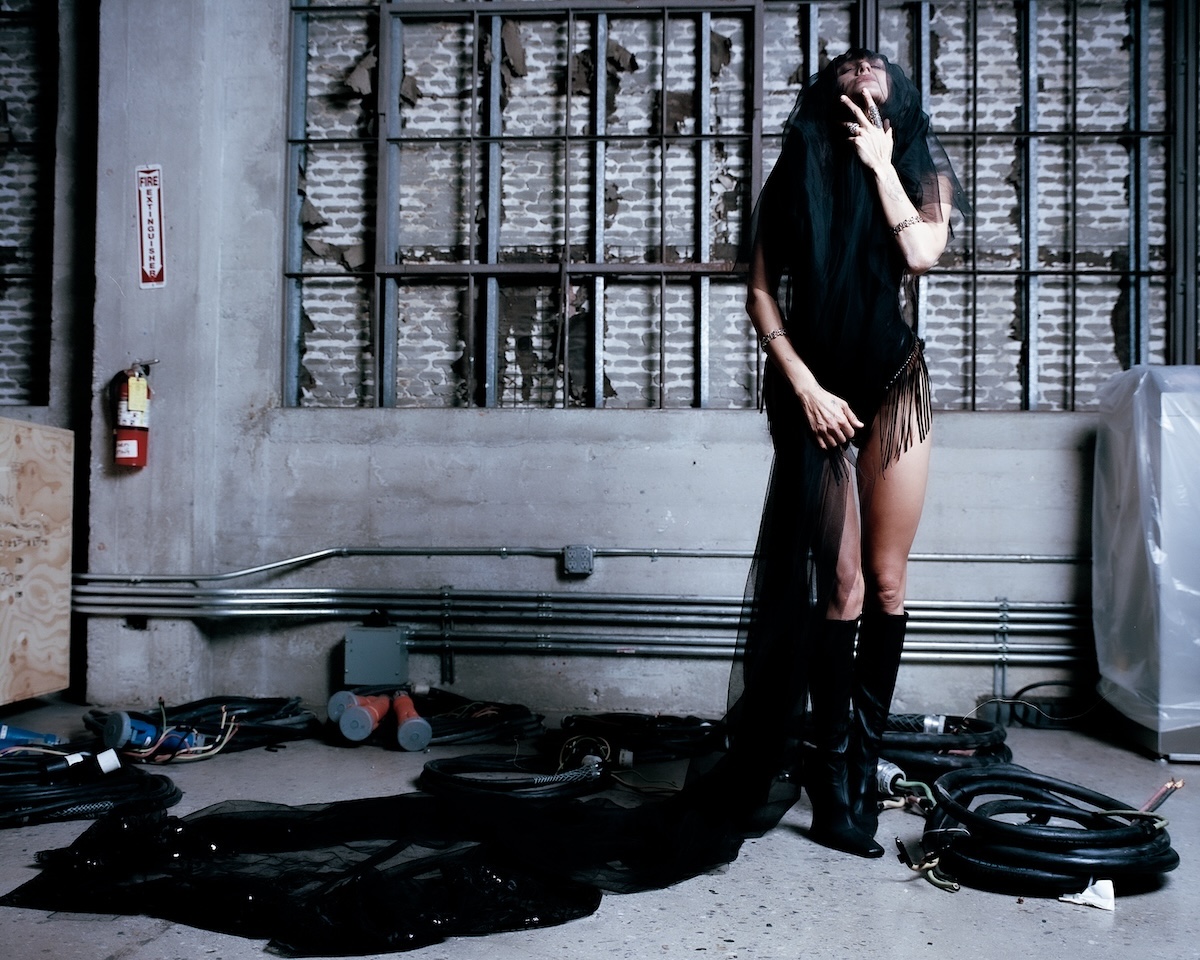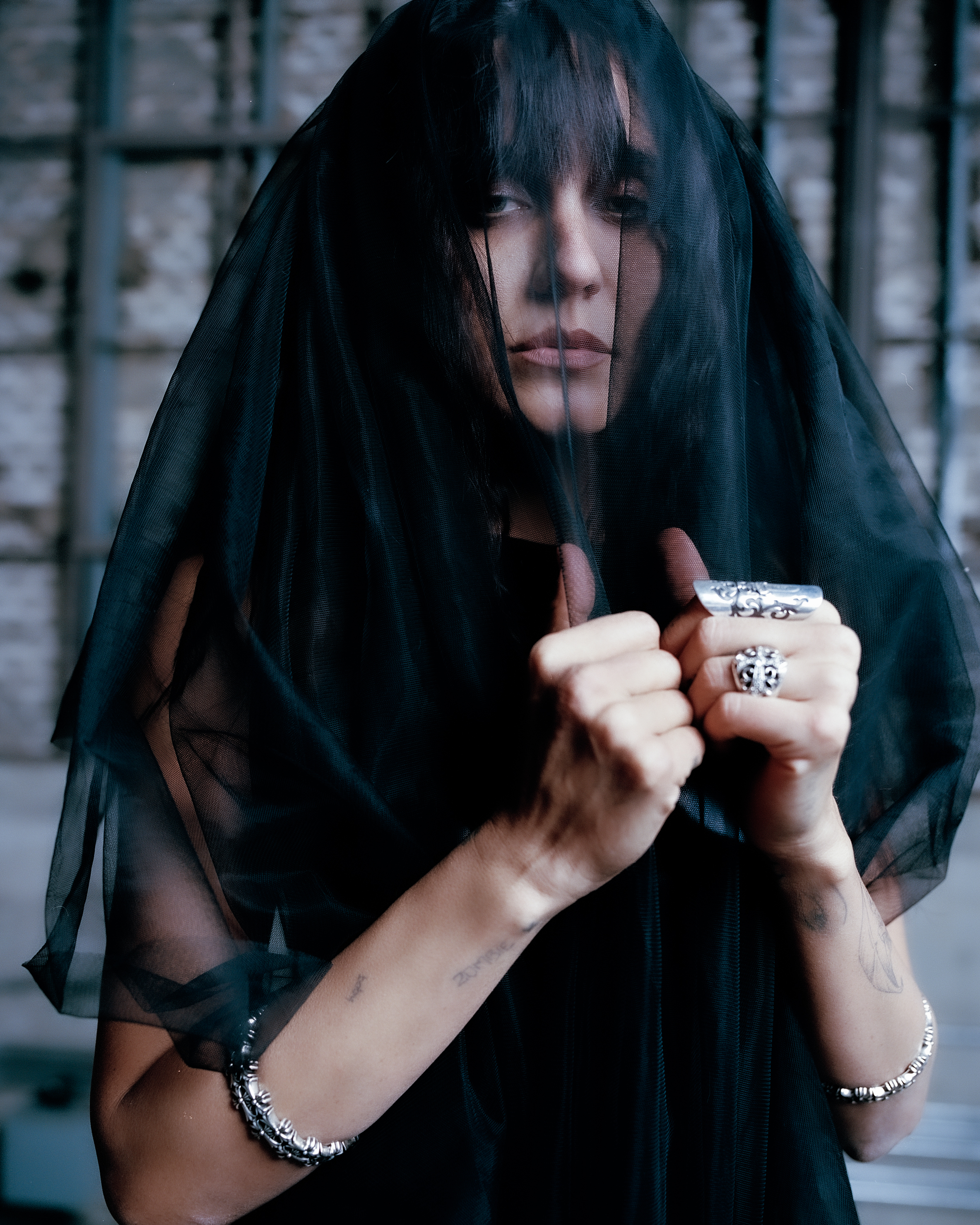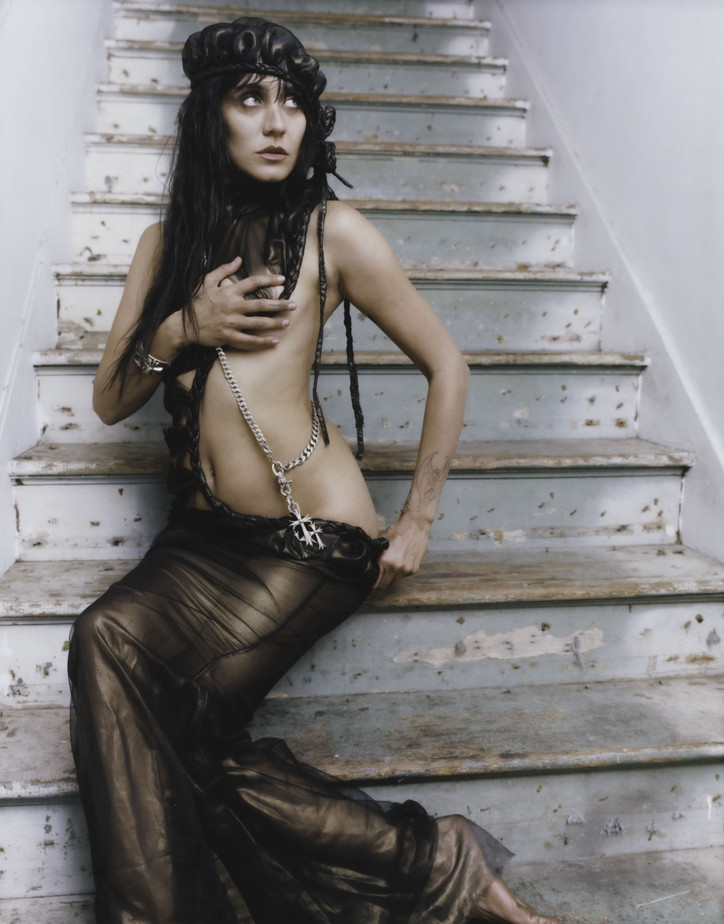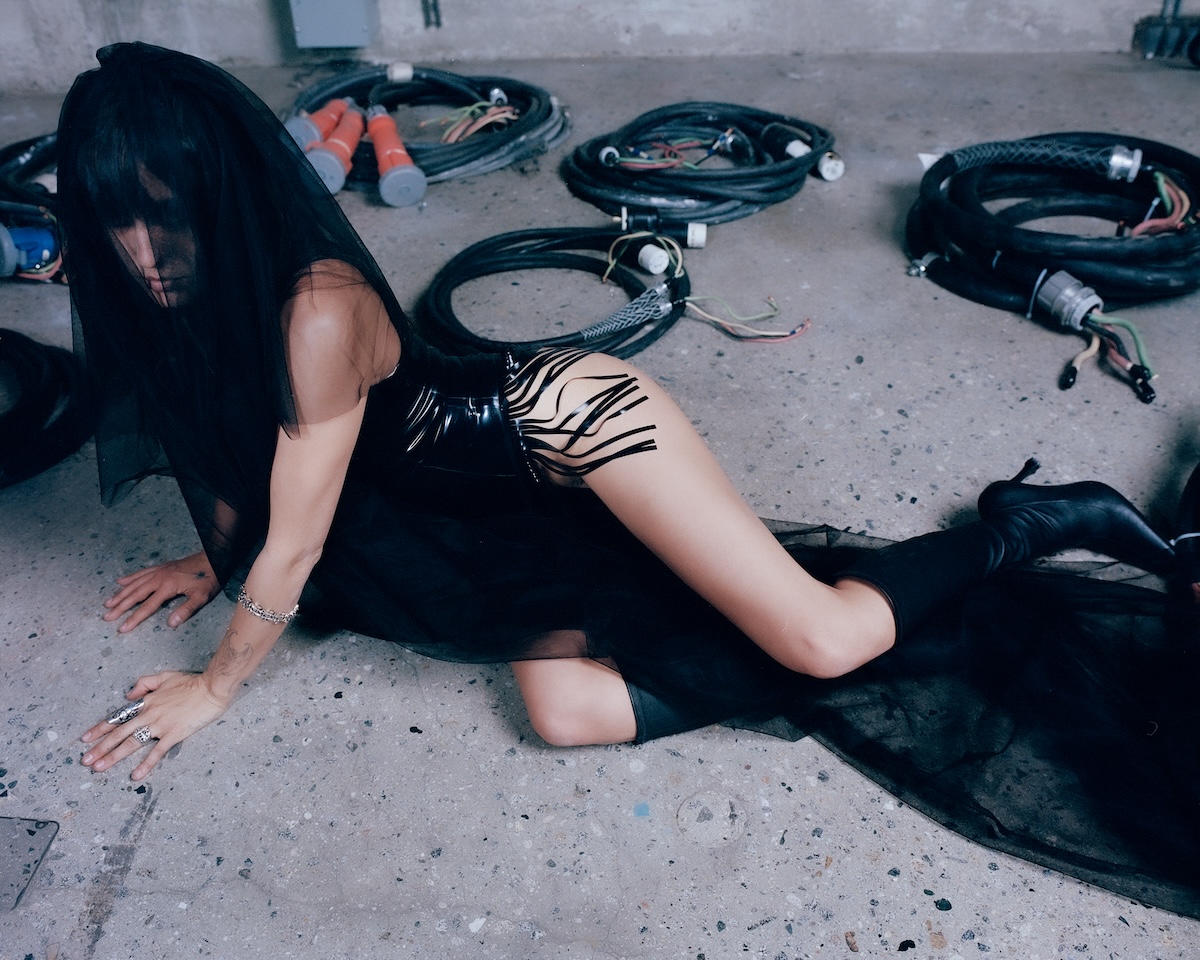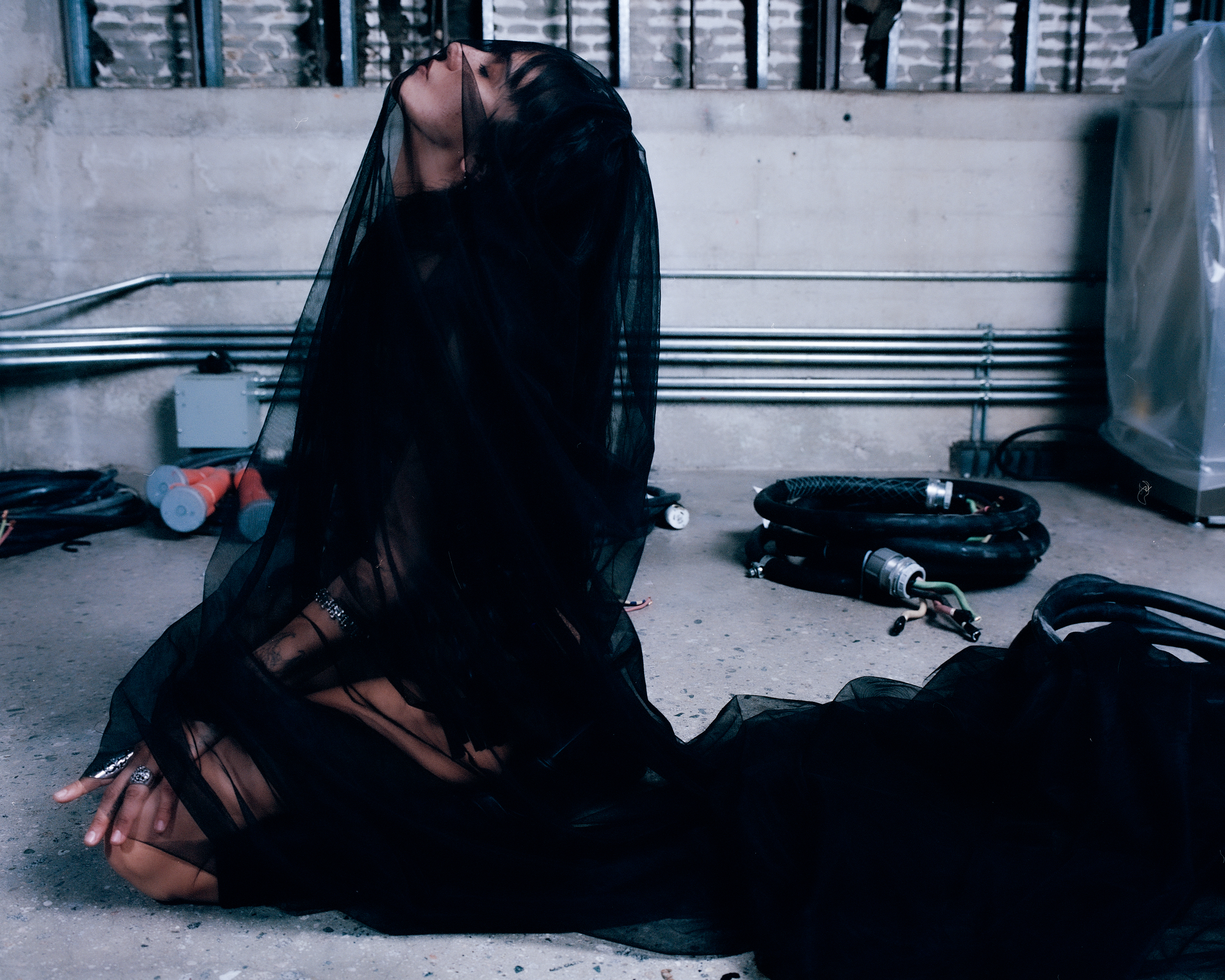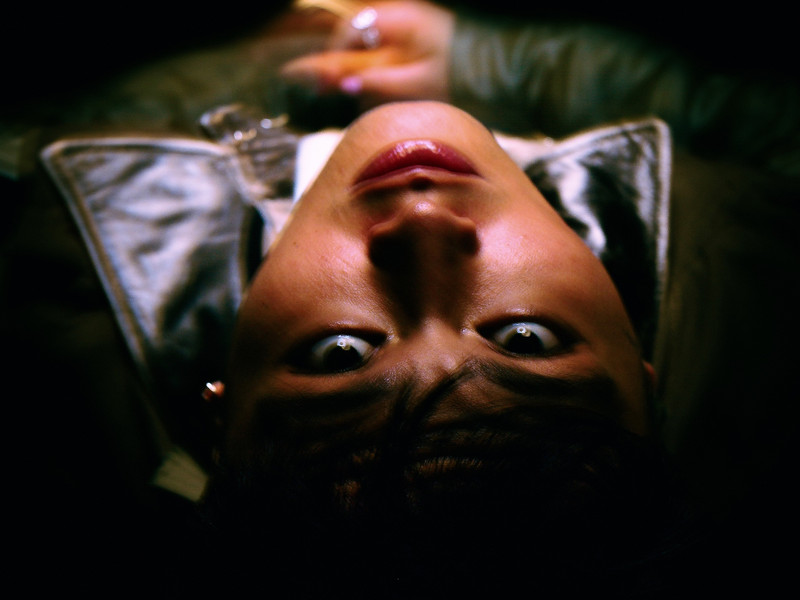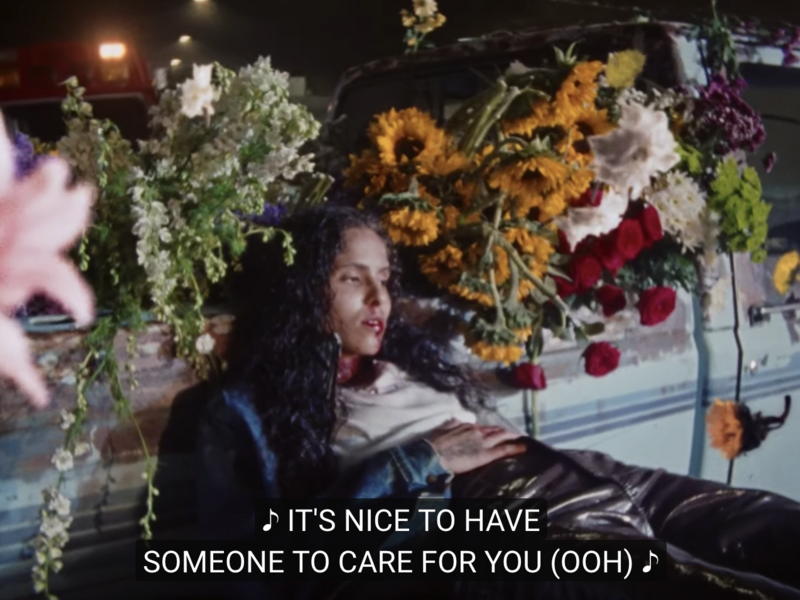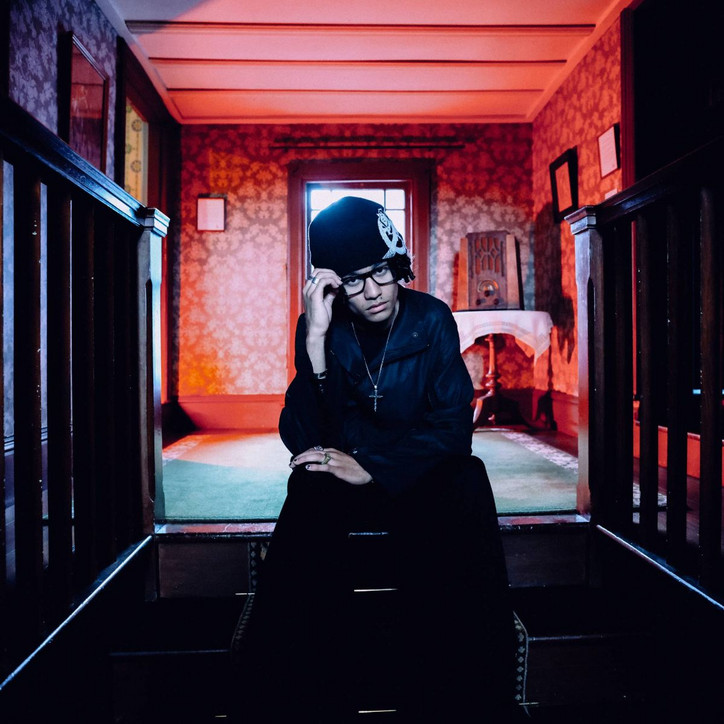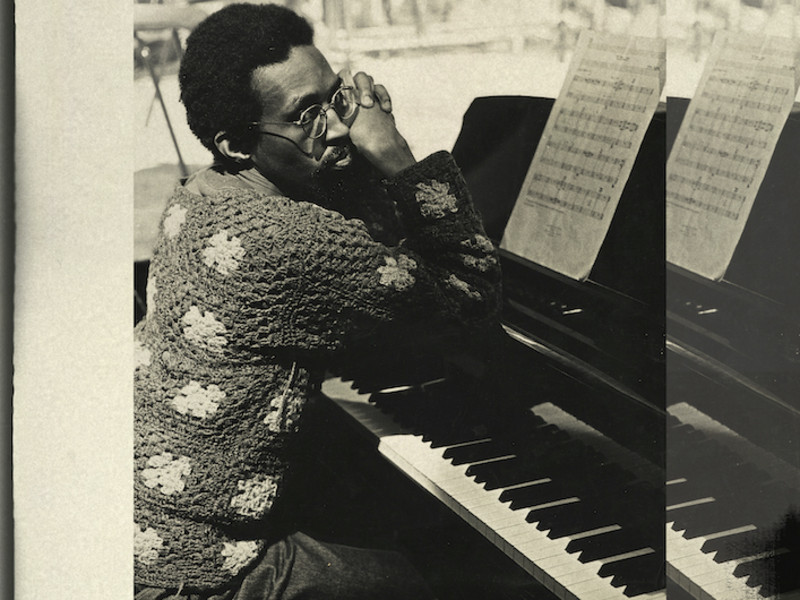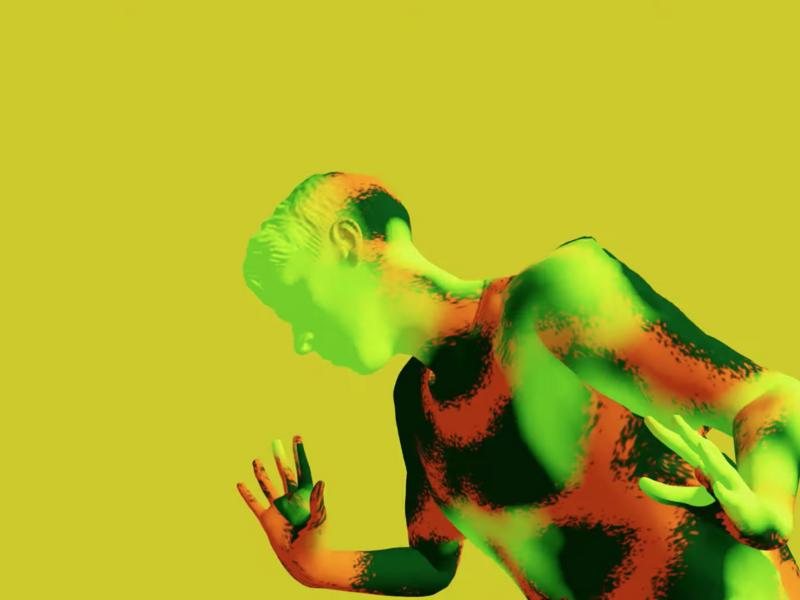Heaven is Here: Or Maybe Not?
Mixing sonic and subcultural elements of hardcore and metal with electronic music, the group is proving to be a force we're all reckoning with — whether we're fans of the heavier stuff or not — breaking the boundaries of stereotypical guitar or rock music in a unique and avant-garde way. And this summer, they continued to impress us with their debut with Relapse Records, releasing their latest album Heaven is Here.
From the name of the band itself to their new album, Candy has as much in common with millenial pink skies and sugary pop sounds as Taylor Swift has with heavy metal: nothing. What's more, the topics touched on lyrically are anything but light, ranging from environmental destruction and collapsing societies to corrupt governments.
The group, consisting on Zak Quiram on vocals, Michael Quick and Andrew Stark on guitars, Kaleb Perdue on bass and Steve Digenio on drums, has created an almost uncomfortable, anxiety-inducing and cutting-edge record, and we'd argue their best yet. Michael Quick, guitarist and mainly responsible for the electronic production, sits down with us to chat about how Candy is in the business of crossing over: merging the electronic with the punk crowds. Their project pushes the overlapping of principles and values from DIY and its anti-establishment attitude with electronica's technical fixation, bringing both audiences closer together than anticipated, and turning their concerts into the best of both worlds picture a rave with a wild mosh pit.
Continue reading below to learn more about the band that we've become addicted to, even if they may not be so sweet.
When I was looking at your album for the first time, it really reminded me of Dante's Inferno. Does heaven actually mean hell in that case then?
I think it's sort of playing with the same theme as the band being named Candy, but the music being really intense or unpleasant, I guess. It's kind of the thought that there are a lot of leaders in our society who are trying to argue that they're selling us this version of utopia - some big tech and specific political messages and stuff like that. They have their own brand of utopia and heaven. All these people cycle through control of the society we live in. If you look at the ground level of how most people in modern society are living, it doesn't look much better than something like our artwork.
The last song on the album, Perverse, is 10 minutes long, but the other songs on the album are not longer than two minutes ish. What was your reason behind that?
Some bands that we liked in the past in hardcore and punk music have done similar things. We just wanted to bring in all these electronic and noise elements and all these things to kind of increase to sort of knock people off their balance whenever we could. So, if we had a straightforward punk song, like in the sequencing of the album, at the end of that song, there might be some crazy noise interlude that goes on for 15 seconds or something like that. The goal there was just to knock people off their balance and never get a sense of comfort within the album. I think that song was kind of a longer version within the whole album - a way to do the same thing. You think you got to song ten, and it's going to be a two-minute fast punk song, but you're just stuck there for ten minutes listening to chaotic noise. We were just playing with the structure of the album.
Why did you choose to include electronic elements in your album in the first place? I mean punk is not really known for having any electronic bits at all.
Yeah, it's not. I grew up kind of in hardcore punk culture, but I like a lot of other music besides just guitar music and punk, specifically DIY culture. The main type of shows I went to growing up and still do was going to shows at warehouses and under bridges and stuff like that. I've always been interested in electronic music, and the more I read into it and dug into it was essentially the start how rave culture started. They also had DIY spaces and they also were anti-authority and anti-police. When you compare them, you can see that they have a lot of the same cultural ethics and values.
Punk and electronic music maybe don't necessarily go hand in hand in regard to history, but there is a lot in common. That's what sparked the initial idea. Then going deeper into it, if you look at a crazy rave, or look at a crazy hardcore show, people are putting out a high level of physical energy at both.
I wanted to see if we can make punk songs with electronic instrumentation that maybe could scratch the itch of wanting to dance for people that are used to going into more electronic-based raves. Or maybe if you want to mosh in a mosh pit or stage dive. I just tried to bring those things together because I do think there are similarities despite it not being seen as going hand in hand.
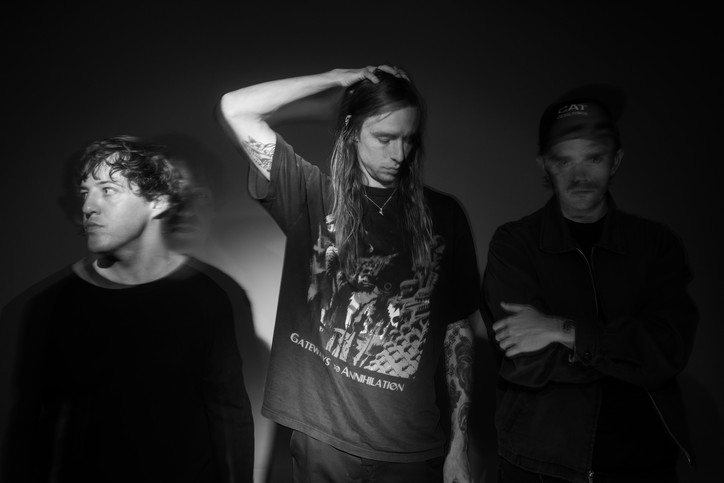
Do you think the techno audience is very different to the punk audience? How do you bring them together?
Yes, and no. I think for the punk audience, the downside is that it's very homogenous. It can be just straight white males. That's historically how people see hardcore, punk, and metal, and that's not wrong. Over the years, even since I got into hardcore when I was 14, or 15, it's becoming more and more welcoming. It just looks different than when I got into it, which I think is a good thing. Trying to bring in some of that electronic stuff, hopefully, that welcomes more people. I think punk should stay anti-authority and DIY, but I don't think it should be a thing that anyone feels excluded from because of how the crowds look. Maybe if you bring in elements of other kinds of music that can hopefully bring up the comfort level of other people so that there's just something for more for people to understand, more for people to grasp onto.
And because of that, do you think the genre of hardcore and punk needs to be redefined?
I think about the genre definition so much, especially hardcore. I think that the boundaries of the genre of hardcore need to be looked at differently. A lot of hardcore traditionalists and purists would say that what we're doing with electronic music makes us not a hardcore band - I get that, but I disagree with them. If you look back to the people who started hardcore and punk music, they were not trying to uphold any genre standards. So, people that were starting hardcore and punk, weren't trying to uphold any strict genre definitions. I think that's what I value about hardcore. At this point, people are making music that is as aggressive as metal and punk without guitars only with synths, drum machines, and samples. It would just be crazy for the genre not to grow with it.
Your lyrics cover quite heavy topics such as environmental destruction, the collapse of society, or corrupt governments. How does your music relate to politics and social issues?
Just on a personal level, we care about that stuff and try to stay engaged with it. That's really where we start with all of the music we make - it's just personal expression. Then we try to add things on top of it. I think in the bigger picture, it's a small platform, but we do have a platform where people are paying attention. It would just feel wrong, not to be addressing that stuff. If you're listening to our music, maybe we can lead you to think about some things, and eventually that could lead to helping some of these issues hopefully. I think it would just feel wrong not to use the small platform.


